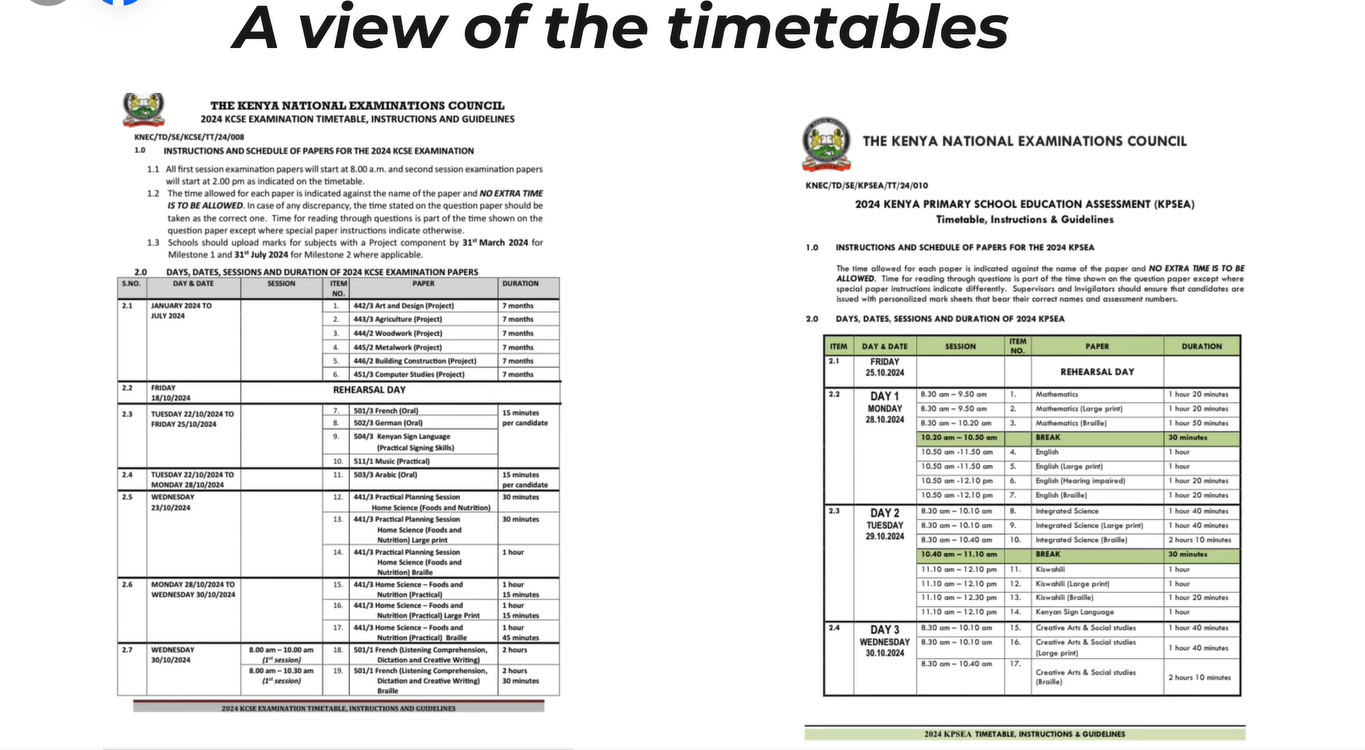
Understanding Different Career Fields
There are countless career fields to explore, each offering unique opportunities and challenges. Here are some popular career fields and what they entail:
Healthcare: Careers in healthcare, such as doctors, nurses, and medical researchers, focus on improving people’s health and well-being. This field requires strong science knowledge, compassion, and a commitment to helping others.
Technology: Technology careers, including software developers, IT specialists, and data analysts, revolve around creating and managing digital solutions. This field is ideal for those who enjoy problem-solving and staying up-to-date with the latest technological advancements.
Education: Teachers, professors, and educational administrators work to impart knowledge and inspire the next generation. Patience, strong communication skills, and a passion for learning are key traits in this field.
Business: Careers in business, such as marketing, finance, and human resources, involve managing organizations, developing strategies, and working with people. This field requires analytical skills, creativity, and leadership abilities.
Creative Arts: Artists, writers, musicians, and designers use their creativity to produce work that entertains, informs, and inspires. This field values originality, perseverance, and a strong personal vision.
Engineering: Engineers, including civil, mechanical, and electrical engineers, apply scientific principles to design and build structures, machines, and systems. This field requires strong math and science skills, as well as innovative thinking.
Environmental Science: Environmental scientists, conservationists, and wildlife biologists work to protect natural resources and study ecosystems. This field is perfect for those passionate about the environment and sustainability.
Skills Needed for Different Careers
While each career field requires specific skills, some universal skills are valuable in almost any profession:
Communication: Effective verbal and written communication skills are crucial for collaborating with colleagues, presenting ideas, and interacting with clients or customers.
Problem-Solving: The ability to identify problems, think critically, and develop effective solutions is important in nearly every career.
Adaptability: The modern job market is constantly evolving. Being adaptable and open to learning new skills is essential for long-term career success.
Teamwork: Many jobs require working in teams. Being able to collaborate, listen, and contribute to group efforts is a valuable asset.
Time Management: Prioritizing tasks, meeting deadlines, and managing your time efficiently are important skills in any profession.
Tips for Choosing a Career Path
Choosing the right career path involves self-reflection, research, and exploration. Here are some tips to help you make an informed decision:
Assess Your Interests and Strengths: Consider what subjects and activities you enjoy and excel in. Identifying your passions and strengths can guide you toward a fulfilling career.
Research Different Fields: Learn about various career options by reading articles, watching videos, and talking to professionals in those fields. Understanding the day-to-day responsibilities and long-term prospects of different careers can help you make an informed choice.
Gain Experience: Internships, part-time jobs, and volunteer work provide hands-on experience and insight into different careers. They can also help you build valuable skills and professional networks.
Seek Guidance: Talk to career counselors, mentors, and professionals in fields of interest. They can offer valuable advice, share their experiences, and help you navigate your career journey.
Consider Education and Training: Some careers require specific degrees or certifications. Research the educational requirements for careers you’re interested in and consider how much time and investment you’re willing to commit.
The Importance of Flexibility
Remember that career paths are not always linear. Many people change careers multiple times throughout their lives as their interests and circumstances evolve. Being open to new opportunities and willing to adapt can lead to unexpected and rewarding career experiences.
Conclusion:
Exploring different career paths is a journey of self-discovery and growth. By understanding your interests, strengths, and the skills required for various professions, you can make informed decisions about your future. Whether you’re drawn to healthcare, technology, education, or any other field, the key is to find a career that aligns with your passions and goals. Stay curious, seek experiences, and be open to change as you navigate the exciting world of careers.
Questions for Thought:
What are your top interests and strengths, and how can they guide your career choices?
Which career fields intrigue you the most, and why?
How can you gain more experience and insight into the careers you’re interested in?
Feel free to share this article with friends and classmates to encourage them to explore various career paths and find their true passion!
Comments (0)
Categories
Recent posts


Exploring Different Career Paths: ...
1 Jul 2021
Celebrating Kenya’s Rising Star in ...
5 Oct 2024
The Richest People in the World ...
1 Jul 2021
Empowering Young Explorers through the ...
25 Sep 2024
Celebrating Teachers' Day
6 Oct 2024
Individual Development as the Pathway to ...
5 Oct 2024
Staying Current in a Changing Education ...
15 Oct 2024
Remote Work Trends: Digital Nomads
15 Oct 2024
Standing Up for Justice: Lessons from A ...
17 Jan 2025
Sneakers: A Lesson in History and ...
17 Jan 2025
Breaking into the World of Data ...
15 Oct 2024
Active vs. Passive Income: Striking a ...
17 Jan 2025
Integrating EdTech for Engaging Lessons
15 Oct 2024
Nurturing Critical Thinking in the ...
15 Oct 2024
KIPSEA National Timetable for Grade 6 ...
27 Oct 2024
'Kenyan Dress': Embracing Cultural ...
5 Oct 2024
Features of work songs
17 Jan 2025World Oceans Day
5 Oct 2024
Youth Participation in Politics
5 Oct 2024
Egg Chop: Quick, Delicious, and Perfect ...
17 Jan 2025
Cryptocurrency: A High Schooler’s ...
1 Jul 2021
The baobab tree: Kenya’s ancient ...
17 Jan 2025
How AI Is Changing the Job Market
15 Oct 2024
Why Giving Back Makes You a Better ...
11 Oct 2024
Why You Students Should Embrace Digital ...
5 Oct 2024
Mastering Time Management for Career ...
15 Oct 2024
How to Build a Personal Brand That ...
15 Oct 2024
Unlocking the Power of Digital Learning
5 Oct 2024
Sådan finder du balance mellem arbejde ...
23 Oct 2024
Exploring the Universe
15 Oct 2024
Celebrating Creativity at St. Mary's ...
5 Oct 2024
How Volcanoes Make New Islands
15 Oct 2024
Supporting Students' Mental Well-being
15 Oct 2024
Why Do Birds Fly South in Winter?
14 Oct 2024
Lighting Up the Future
15 Oct 2024
The Science of Rainbows
15 Oct 2024
The Secret Life of Bees and Why They ...
15 Oct 2024
The Role of Play in Early Childhood ...
15 Oct 2024
Toaster
17 Jan 2025
The Great Dinosaur Hunt
15 Oct 2024
Trump supporters storm the Capitol
17 Jan 2025
Digital Health in a Busy World
17 Jan 2025




